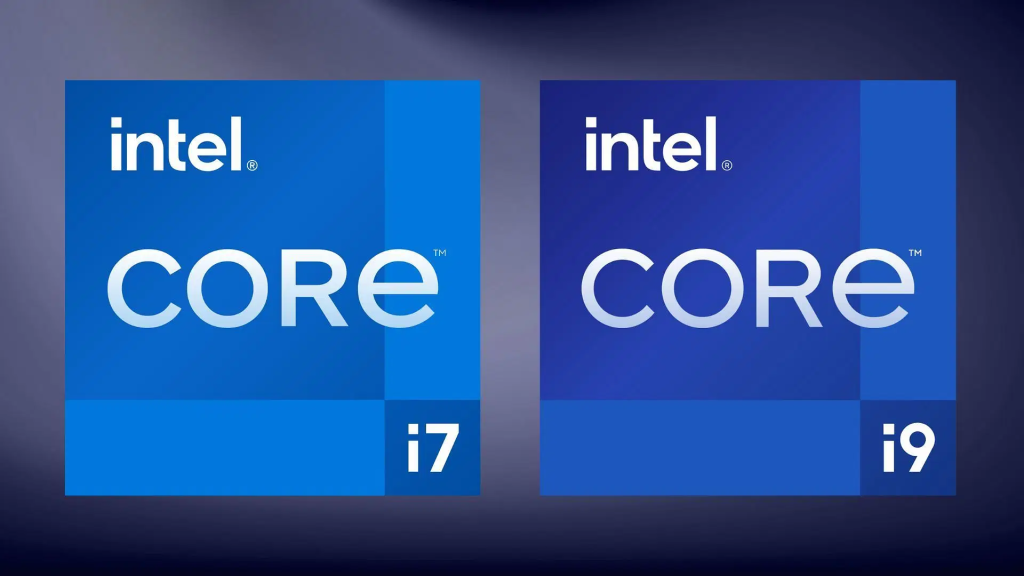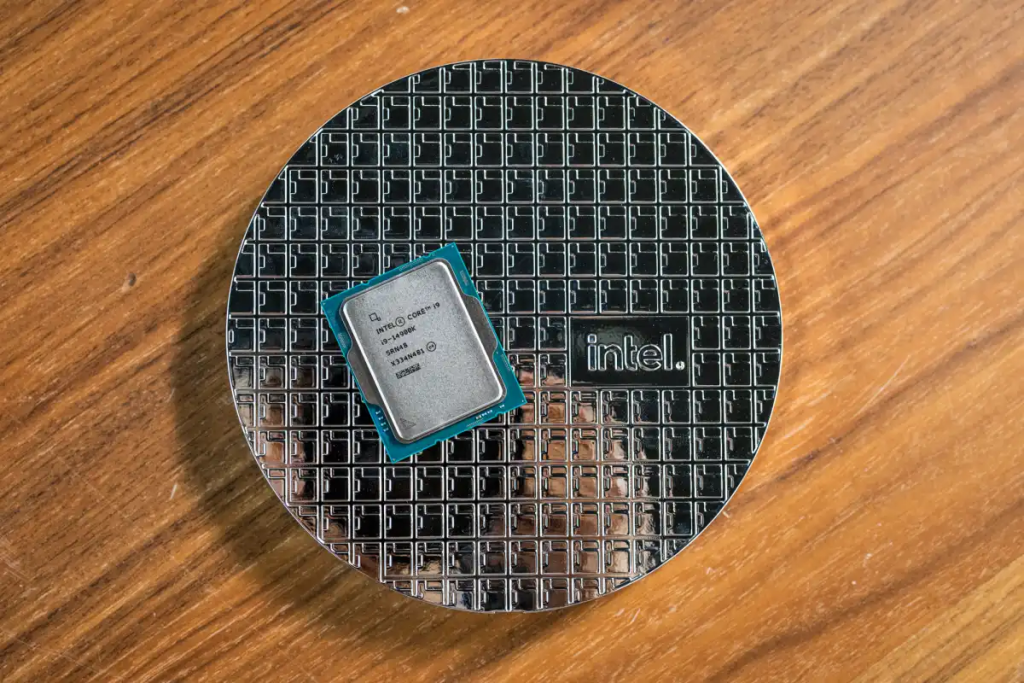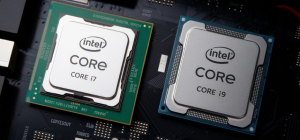Intel has always been a major player in the processor market, providing powerful solutions for gamers, tech enthusiasts, and professionals alike. The 14th generation of Intel Core processors, with its advancements in architecture and performance, introduces significant distinctions between its Core i7 and Core i9 variants. Both processors offer impressive capabilities, but each caters to different needs. Understanding the distinction between Intel Core i7 and i9 in the 14th generation can help you decide which one suits your specific requirements.
Understanding Intel Core i7 and i9: A Quick Overview
Intel Core i7 and i9 are part of Intel’s Core lineup, offering different performance levels to cater to diverse computing needs. While both processors belong to Intel’s premium family of chips, the i9 is positioned as a higher-end, more powerful variant compared to the i7.
- Intel Core i7: The i7 processors are high-performance chips designed for gaming, multitasking, and content creation. They deliver a balance between power consumption and performance, making them ideal for mid-to-high-end systems.
- Intel Core i9: The i9 processors are the flagship models, offering superior performance for intense workloads, such as high-end gaming, professional video editing, and 3D rendering. They are designed for users who demand peak performance and efficiency.
Architectural Differences Between Intel Core i7 and i9
Intel’s 14th generation processors are built on the Intel 7 architecture, which focuses on improving both performance and efficiency. However, the i9 chips take advantage of more advanced features compared to the i7 variants.
Core and Thread Count:
- Core i7: Typically features 8 to 12 cores with 16 to 24 threads, depending on the model.
- Core i9: Often comes with 10 to 16 cores and 20 to 32 threads, allowing for better multitasking and parallel processing capabilities.
This difference in core and thread count allows the i9 processors to handle more demanding tasks with greater ease, making them ideal for heavy multitasking, gaming at ultra-settings, and resource-heavy applications.
Clock Speed:
- Core i7: Has a base clock speed of around 2.8 GHz, with boost speeds up to 5.2 GHz, depending on the specific model.
- Core i9: The i9 processors push higher base and boost clock speeds, with some models reaching up to 5.5 GHz or more.
This higher clock speed allows the Core i9 to achieve faster processing times, especially during high-demand tasks such as gaming, rendering, and data analysis.

When to Choose Intel Core i7 vs i9?
Intel Core i7: Best for Everyday Computing and Gaming
The Intel Core i7 processors in the 14th generation are well-suited for most users who demand strong performance for everyday tasks. Gamers, content creators, and professionals working with non-intensive applications will find the i7 to be a reliable and capable choice.
- Gaming: The i7 performs exceptionally well in gaming, handling most modern games at 1440p and even 4K resolutions at high settings.
- Multitasking: Thanks to hyper-threading, the i7 excels at multitasking, allowing users to work on documents, stream videos, and use demanding applications like Adobe Photoshop and Premiere Pro.
- Productivity: For office work, video conferencing, and light video editing, the i7 offers sufficient power without compromising energy efficiency.
Intel Core i9: Built for Power Users and Professionals
On the other hand, the Intel Core i9 is ideal for those who require superior processing power, such as gamers who push the limits of gaming performance or professionals working with complex simulations, video rendering, and 3D modeling.
- High-End Gaming: The i9 excels in gaming at higher frame rates, especially in 4K or VR environments, where its additional cores and clock speeds can offer a smoother experience.
- Creative Work: Content creators working with high-resolution video, 3D rendering, and AI-based tasks will appreciate the i9’s ability to handle large projects and heavy workloads.
- Multithreading Performance: For tasks like video rendering, scientific simulations, and data analysis, the extra cores and threads of the i9 significantly reduce processing times, making it a valuable tool for professionals in tech and creative industries.
Power Consumption and Thermal Management
With more cores and higher performance capabilities, Intel Core i9 processors tend to consume more power and generate more heat than the i7 models. This means that cooling solutions become crucial when using an i9 processor, especially for sustained workloads. While Intel has improved power efficiency in the 14th generation, users should ensure that their systems are equipped with robust cooling systems to prevent thermal throttling.
Intel Core i7:
- More power-efficient.
- Less demanding on cooling systems.
- Suitable for smaller systems or laptops with limited space for cooling solutions.
Intel Core i9:
- Higher power consumption and heat output.
- Requires better cooling solutions, particularly in high-performance desktops.
- Best for large towers with advanced cooling systems or workstations.

Price Comparison: Which Processor Offers Better Value?
When considering the distinction between Intel Core i7 and i9, cost is an important factor. The Core i7 processors are significantly more affordable, offering strong performance without the premium price tag associated with the i9. For users with moderate needs, such as casual gamers, students, or those working with basic creative tasks, the i7 provides excellent value.
The Intel Core i9, on the other hand, is a premium product, and its higher price reflects its enhanced performance and capabilities. Users who require top-tier performance for demanding tasks or professional-grade applications will find the i9 to be worth the investment.
Conclusion: Choosing Between Intel Core i7 and i9 in the 14th Generation
Both Intel Core i7 and i9 processors from the 14th generation offer exceptional performance, but they cater to different user needs. If you’re a gamer, student, or casual creator with moderate computing demands, the i7 will provide excellent value and performance. However, for power users, content creators, and professionals working with demanding applications, the i9’s superior performance and multitasking abilities make it the ideal choice.
When choosing between the two, consider factors like workload, budget, and future-proofing. Both processors represent the best of Intel’s technology, but your specific needs will determine the best fit for you.
Key Takeaways:
- Intel Core i7: Ideal for everyday computing, gaming, and light-to-moderate productivity tasks.
- Intel Core i9: Built for power users who require maximum performance for high-end gaming, content creation, and professional applications.
- Price Difference: The i7 offers great value for most users, while the i9 is better for users who need extra power and performance.

